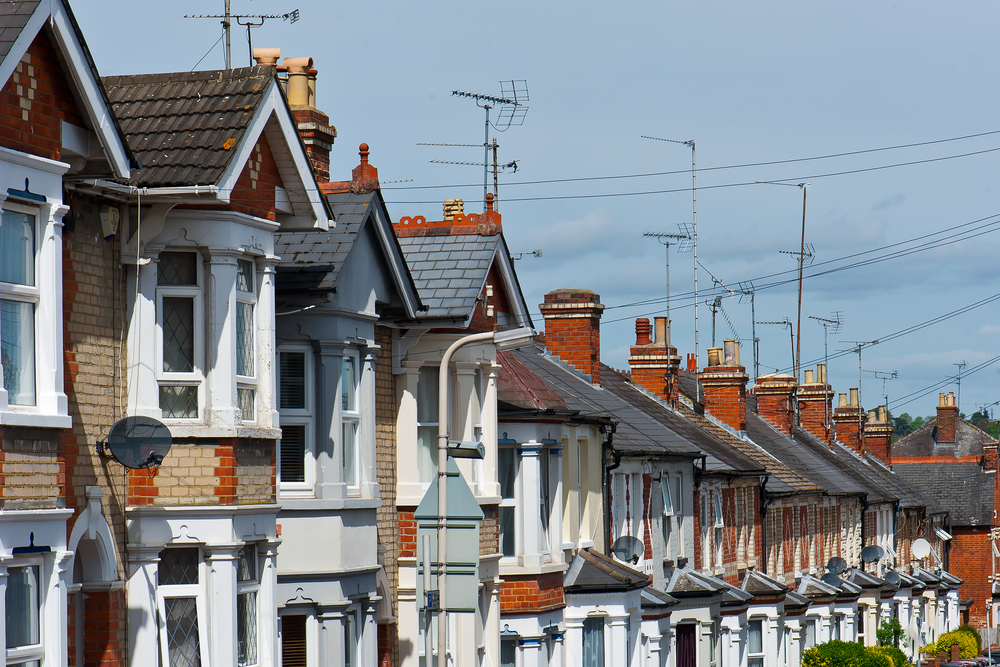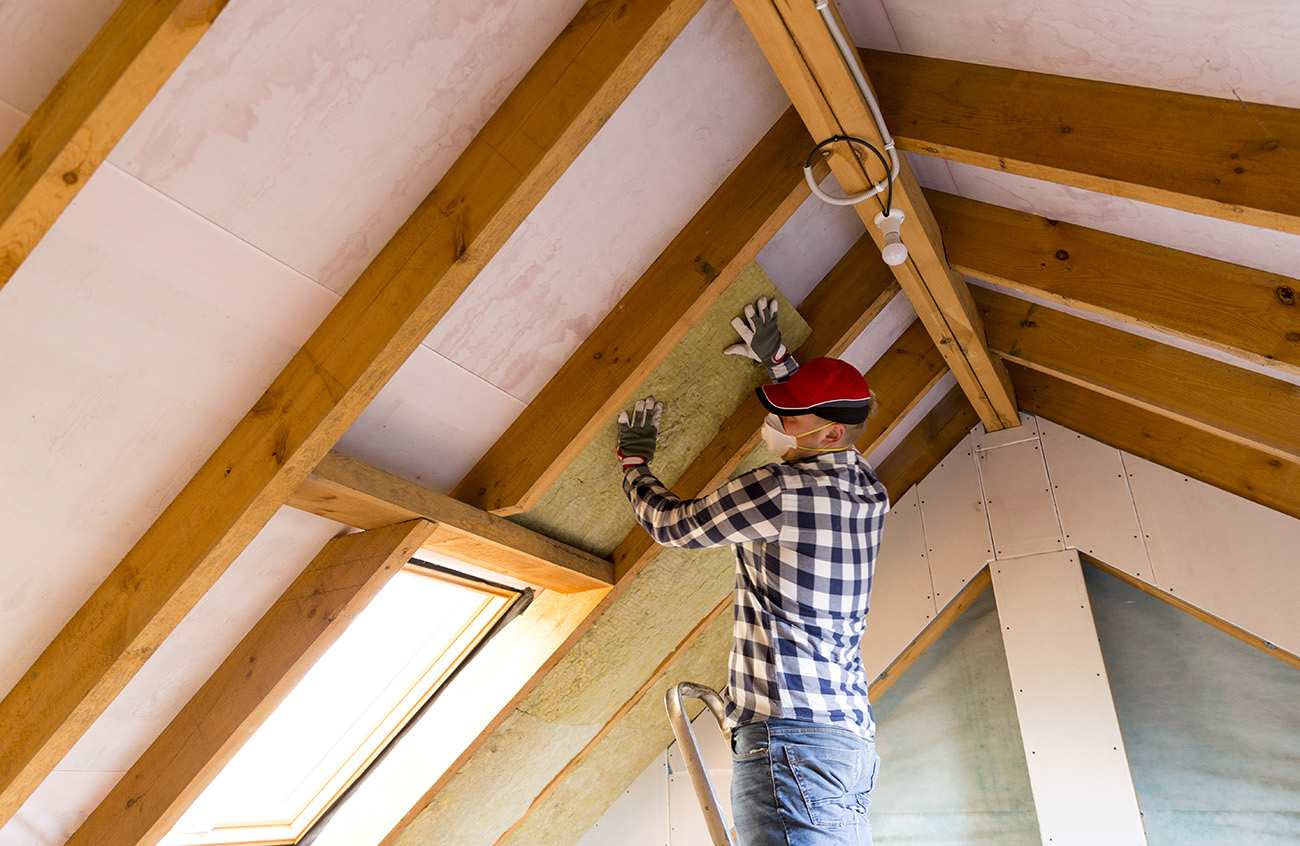Government Consultation on ECO4 and GBIS: Proposed Mid-Scheme Changes and Pay-For-Performance Mechanism
The government has published a consultation on the Energy Company Obligation 4 (ECO4) and the Great British Insulation Scheme (GBIS), seeking views on various mid-scheme changes to both schemes, as well as the introduction of a voluntary Pay-For-Performance (PFP) mechanism.

What is ECO4?
The Energy Company Obligation (ECO) Scheme is a government energy efficiency scheme that provides funding to low-income, fuel-poor and vulnerable households to heat their homes. The latest iteration, ECO4, launched in 2022 and will run until 31st March 2026.
ECO4 targets the least energy efficient homes in the UK, specifically those that have an Energy Performance Certificate (EPC) of D or lower. Through the scheme, these homes could receive heavily discounted or free home insulation, green heating systems or an upgraded boiler.

What is GBIS?
The Great British Insulation Scheme (GBIS) supports the worst performing households across Great Britain to make energy efficiency improvements. This includes low-income and vulnerable households, as well as those living in homes with an EPC rating of D or below and in Council Tax bands A-D in England, and A-E in Scotland and Wales.
The scheme works by obligating energy suppliers to help customers reduce their heating bills through the installation of energy efficiency measures, with the cost of the measures partially or fully subsidised.
Why are the government proposing mid-scheme changes?
In the consultation, the government states:
“We are proposing changes because GBIS is proving more costly to deliver than we originally estimated. Other minor changes are proposed to align GBIS and ECO4 to wider industry changes. We are also proposing to pilot an innovative Pay-For-Performance mechanism in ECO4 and GBIS that could incentivise better quality retrofits.”
What does the consultation cover?
The consultation covers the following areas:
Part 1: Mid-scheme changes to current requirements:
– Loft and Cavity Wall Insulation:
GBIS currently allows only one insulation measure to be installed per household, with an additional heating control permitted for installations in low-income households. The consultation proposes that households in the general or low-income group could receive both cavity wall insulation and loft insulation as part of the same GBIS project.
– Smart Thermostats:
GBIS currently allows heating controls in owner-occupied households in the low-income group only, as a secondary measure in addition to a primary insulation measure. Certain types of heating controls are eligible measures, but smart thermostats have not previously been allowed. The consultation proposes allowing the installation of smart thermostats alongside insulation in the low-income group for GBIS, broadening the variety of measures on offer.
– GBIS Targets (ECO4 counting towards GBIS):
The consultation proposes allowing part of the GBIS home heating cost reduction target to be delivered through actions that currently only qualify under ECO4 criteria. This would enable a proportion of delivery under ECO4 rules to count towards an obligated supplier’s GBIS targets.
The consultation also welcomes views on the alternative option of not introducing this proposal and only allowing the GBIS target to be met through measures conforming to GBIS rules.
– Minor ECO4 and GBIS policy amendments:
Additional minor amendments including:
- Updating ECO4 to ensure that Shared Ground Loops (SGLs) are treated similarly to other District Heating Connections (DHCs).
- Updating the interpretation of “rural area” to ensure ECO4 and GBIS use the most up-to-date datasets.
– TrustMark Licence Plus (TMLP) for GBIS:
To make the delivery of loft insulation more attractive in GBIS, the consultation proposes allowing an alternative installation standard for loft insulation when installed as a standalone measure or when paired with heating controls.
The alternative standard considered is a version of the TrustMark Licence Plus (TMLP), with further developed principles for GBIS. TrustMark is currently consulting on the details of this alternative standard. You can view the summary of this consultation via the following link: TrustMark Consultation: New TrustMark Licence Plus (TMLP) for the Great British Insulation Scheme (GBIS)
The government consultation welcomes views on whether this adapted version of TMLP, deemed suitable for GBIS, should be introduced.
Part 2: Pay-For-Performance (PFP)
Pay-For-Performance (PFP) on ECO4 and GBIS is a new feature that will measure and reward actual improvements to the energy efficiency of treated homes using Smart Meter Enabled Thermal Efficiency Ratings (SMETERs).
SMETER technologies take direct measurements from a building to assess its performance. For PFP, SMETERs would calculate the average rate at which the home loses heat – measured as the Heat Transfer Coefficient (HTC). Measuring improvements in this way and rewarding industry parties accordingly is expected to drive higher-quality measures and encourage adherence to even higher standards.
Through PFP, obligated suppliers would be able to receive a score uplift for retrofits where, among other things, pre- and post-retrofit monitoring has taken place in the property by an eligible SMETER provider.
Over the longer term, PFP approaches may result in several benefits, such as:
- Incentivising and rewarding higher-performing products and installation practices.
- Better addressing of housing defects, including hidden defects such as gaps in insulation that might reduce monitored scores if left untreated.
- Encouraging the development of innovative and more effective measures.
- Supporting the creation of improved in-use performance methodologies.
- Providing policy data and insights to enable the development of an improved PFP mechanism for future ECO schemes, where this aligns with scheme objectives.
The SMETER method:
The consultation proposes using the Smart Meter Enabled Thermal Efficiency Ratings (SMETER) method in PFP and seeks views on the application process by which SMETER providers can participate in PFP, along with the criteria against which they would be assessed.
SMETER refers to a methodology for calculating thermal performance in an occupied property using input data (e.g., smart meter data and in-home temperature sensors). This data is fed into a SMETER algorithm to calculate HTC.

Elmhurst’s Thoughts:
Andrew Parkin, Technical Development Director at Elmhurst, comments:
“I am very encouraged that the government are looking to bring Pay for Performance into the ECO4 framework.
Measured Energy Performance is an emerging area for our industry and will be a key part of the how we assess and further understand our buildings. We will of course always need to have theoretical / calculated performance results and metrics. They allow for comparison and are a well understood and standardised outcome. However, being able to measure the performance of ley aspects of a property is vital to the continuous improvement of current and future models, as well as ensuring that intended and calculated outcomes are achieved in reality. This will help buildings to be retrofitted to the most appropriate extent, without over or under specification of the intervention. This works for fabric and heating and for a range of processes.
We need an appropriate framework to bring this to market in the right way and in a scalable way.
We saw this happen successfully for air tightness testing and its inclusion in SAP (and soon to be in RdSAP), and we see a similar adoption curve for measured HTC and other performance metrics.”
Further Resources
Elmhurst will review the consultation in more detail and publish a draft response shortly.
Elmhurst encourages all members, as well as other industry professionals, to review the consultation and share their feedback.
To read the full consultation and have your say, please visit: https://www.gov.uk/government/consultations/energy-company-obligation-4-and-the-great-british-insulation-scheme-mid-scheme-changes
The consultation closes at 11:59pm on 12 December 2024
